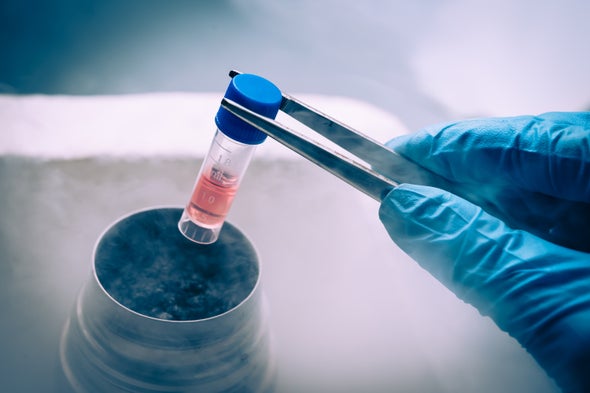What is Cell Treatment?
Cell treatment is a type of immunotherapy that uses your immune system to fight
cancer cells rollingillsgin. It’s a very special kind of treatment that can only be given at specialist
hospitals and you might need to have it for a long time, to make sure you don’t get
any side effects.

Your immune system can recognise and attack your cancer if the cells have certain
antigens on them rollingillsgin.com. The antigens are things that your immune cells normally find on
your body and are made by the normal cells in your body. But some cancers don’t
have these antigens and so your immune system can’t recognise them. In CAR T-cell
therapy, your immune cells are changed in the lab to have a special receptor on
them that lets them recognise and attack cancer cells that have that antigen. This
means your immune cells can do more of the work to help you fight cancer than
normal.
You will be treated at one of the special centres in England and Wales that offer this
treatment, where you’ll have a drip containing these specially modified T cells. The
CAR T cells will stay in your bloodstream for a long time and will recognise and
attack the cancer cells. The treatment is very complex and only available for a small
number of people with leukaemia or lymphoma in children and adults.
There are many different types of cell treatments, which all have their advantages
and disadvantages. Some are safe and effective while others cause problems that
need medical attention. You should ask your health care team if they know what
type of cell treatment you are getting before having it.
Bone marrow stem cells (BMSCs) are a traditional form of cellular therapy for some
types of cancer and blood diseases. These cells are collected from the bone marrow
of your own blood or from a donor, and they can be transplanted into your body to
replace diseased BMSCs.

This treatment has been used to treat several cancers and blood diseases, but it can
cause serious or life-threatening side effects if not done correctly. You should be
carefully monitored for a few weeks after you have this treatment to check for any
changes in your blood. You might need to avoid driving or operating heavy
machinery.
Another type of cellular therapy is called adoptive cell therapy, which uses specially
engineered T cells that can recognize and attack cancer. These cells are either
genetically modified to include a specific tag on them that identifies the cancer or
they’re harvested from patients and grown in large numbers in the laboratory and
then infused into the patient.
These cells are usually very effective at targeting specific cancers, but there are a
few challenges. First, some cancers have their own signals that tell the immune cells
to stop attacking them. These immune-suppressing signals can keep these cells
from doing their job and even make them resist being activated.
Second, some cancers are resistant to other immune-suppressing drugs and
therapies that are used to fight them. Fortunately, scientists have discovered ways
to overcome these problems and increase the effectiveness of adoptive cell therapy.

